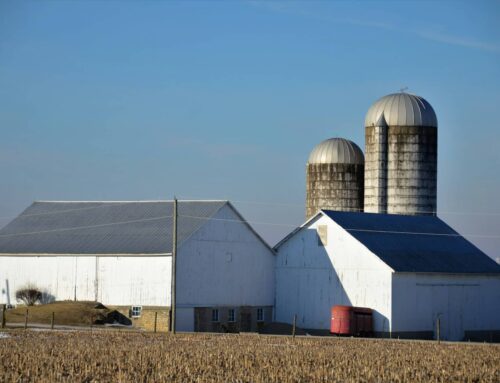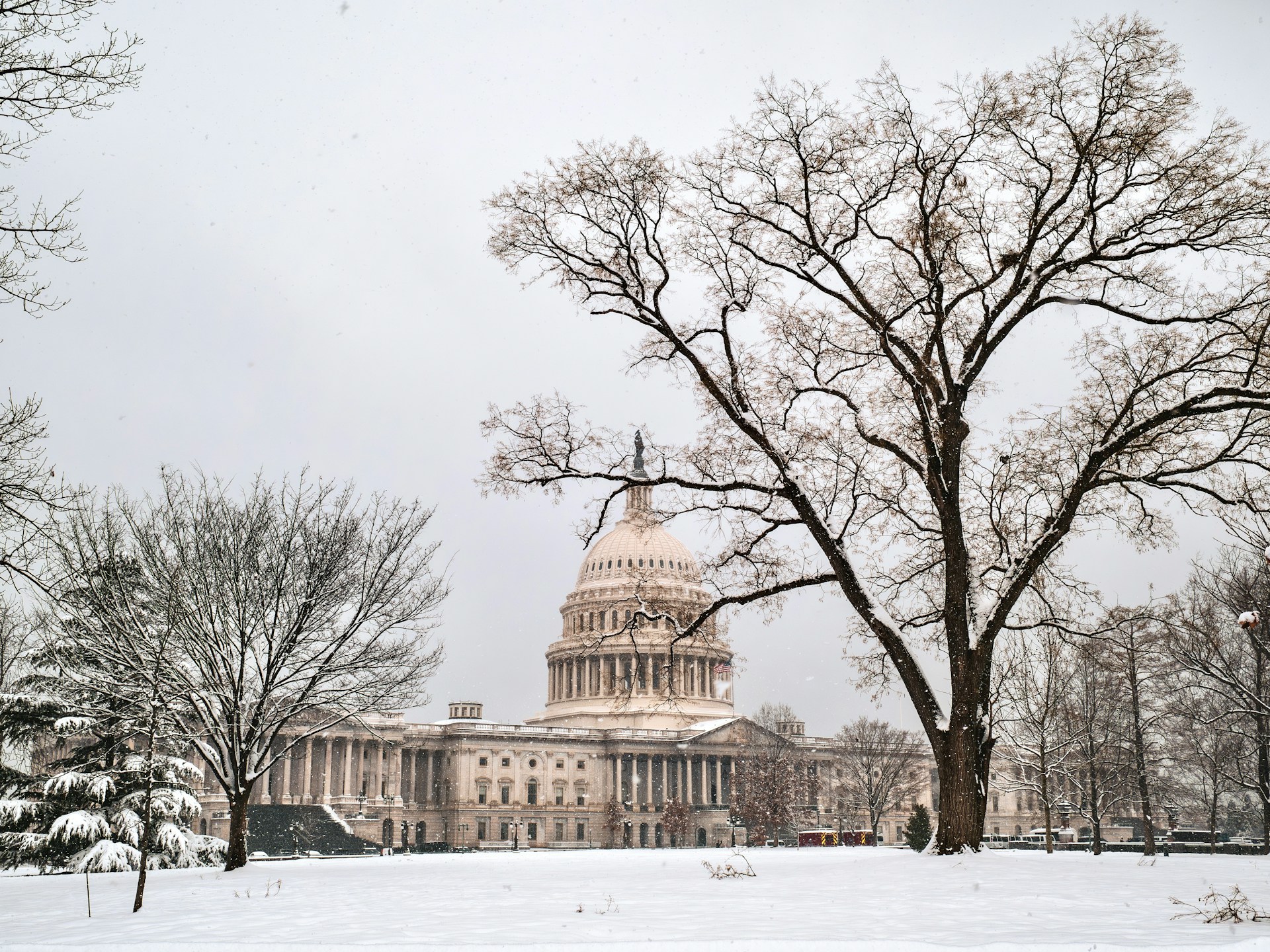Citing record drought conditions throughout the country, the House is debating today legislation to retroactively extend four taxpayer-financed disaster programs that expired at the end of fiscal year 2011 (September 30, 2011). According to the Congressional Budget Office (CBO), authorizing these four programs to apply to the now 10-months-old 2012 fiscal year will cost taxpayers $383 million, with the cash delivered in FY2013-14. Introduced in the 2008 farm bill, the programs are the Livestock Forage Program; Livestock Indemnity Program; Emergency Assistance for Livestock, Honeybees, and Farm-Raised Fish; and Tree Assistance Program.
Supporters of the bill are touting it as fully paid-for and in fact a contributor to deficit reduction. That takes a leap of faith. The disaster assistance provided for one year in H.R. 6233 will be paid for by cutting $639 million from conservation payments over the next 10 years. The National Sustainable Agriculture Coalition estimates that the Conservation Stewardship Program (CSP) would be cut by 1.5 million acres, resulting in savings of $289 million over the next 10 years. The remaining $350 million in cuts would be taken from the Environmental Quality Incentives Program (EQIP). In all, $256 million would supposedly be left for deficit reduction after the disaster programs have been paid for.
We’ve been down this road before. In fact taxpayers just got taken for a ride on the Transportation Reauthorization where two years of projects were paid for with ten years of revenue.
Paying now while waiting on savings, or revenue, to be realized later sets taxpayers up for fiscal disaster.
Instead of paying for disaster assistance through cuts to a couple conservation programs that will have to be upheld for the next five Congresses, the House should eliminate direct payments, a wasteful program that pays $5 billion a year to owners of farm land regardless of farm income or whether or not they even plant a crop. Both the full Senate and the House Agriculture Committee farm bills end direct payments. The House needs to take one-year to pay for one-year of spending, while getting a jumpstart on saving taxpayers billions of dollars to help avert the looming fiscal cliff, instead of waiting around for a Farm Bill that may not even happen this year.
Besides, producers knew that the four disaster programs expired ten months ago, so they made business decisions this year knowing that the federal programs weren’t there. Rather than putting their faith in a handout from a Congress that can’t even get it together to agree on a budget, the businesses could have used several other private sector risk management options to manage an inevitable and normal business risk, including diversification, hedging, private insurance, off-farm income, etc. They also could utilize numerous taxpayer financed programs. Even without supplemental disaster aid, livestock producers are already eligible for two policies through the highly subsidized federal crop insurance program, entitled Livestock Gross Margin (LGM) and Livestock Risk Protection (LRP). LGM and LRP provide protection against the loss of gross margins or price declines, respectively. Another taxpayer-subsidized crop insurance policy called Adjusted Gross Revenue (AGR) allows diversified producers to insure a portion of livestock revenue. For producers who graze livestock, Rainfall and Vegetation Index policies are available to pay for pasture, rangeland, and forage losses due to low rainfall or adverse weather conditions. In addition, the U.S. Dept. of Agriculture has recently opened 3.8 million acres of otherwise off limits conservation areas to haying and grazing and provided low-interest loans for producers affected by drought or other disasters.
If Congress is going to bail out favored businesses, they need to pay for it with real cuts to wasteful programs everyone agrees need to go away. Taxpayers can’t afford more legislative jujitsu for the purpose of parochial pandering.










